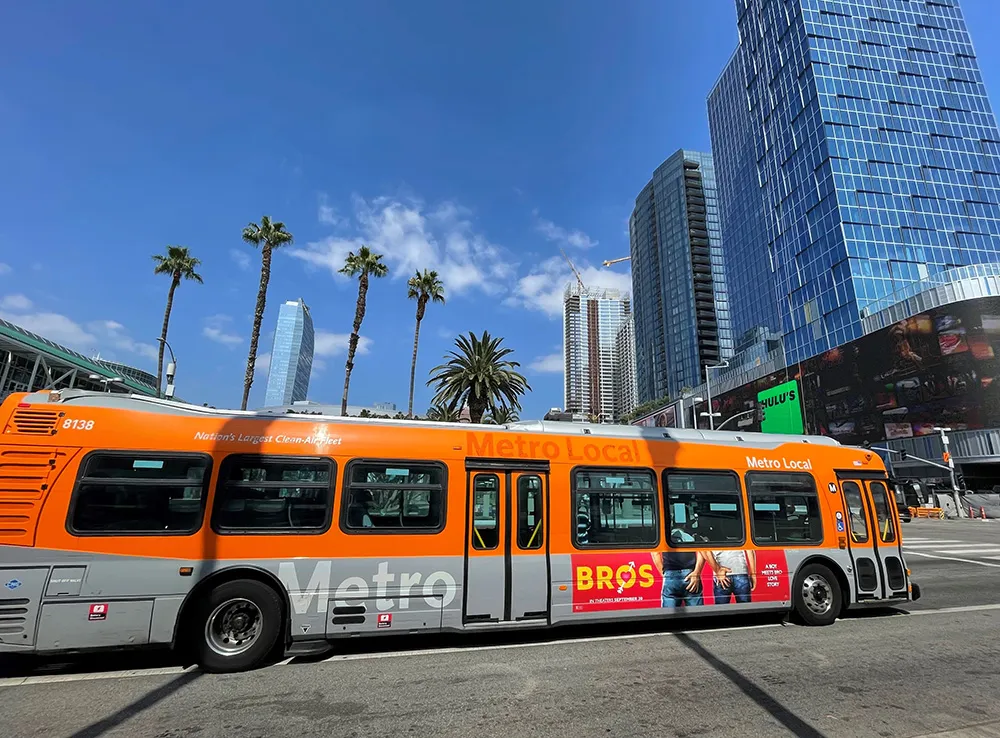Australia’s first real-world trial of road charging options has found that motorists are open to a different way of paying for the nation’s roads. Transurban chief executive officer Scott Charlton said the first stage of the Melbourne Road Usage Study suggested a user-pays system could work in Australia, providing fair, sustainable and flexible funding for the infrastructure.
The 18-month study, led by Transurban and supported by independent research and technology specialists, looked at how people used
September 12, 2016
Read time: 2 mins
Australia’s first real-world trial of road charging options has found that motorists are open to a different way of paying for the nation’s roads. 600 Transurban chief executive officer Scott Charlton said the first stage of the Melbourne Road Usage Study suggested a user-pays system could work in Australia, providing fair, sustainable and flexible funding for the infrastructure.
The 18-month study, led by Transurban and supported by independent research and technology specialists, looked at how people used their cars on Melbourne’s road network under different charging options. The trial involved a representative sample of Melbourne car owners installing a small GPS device in their vehicles and providing important insights at regular intervals throughout the study period. More than 1,600 drivers drove 12 million kilometres under a range of charging options, including charge per kilometre, charge per trip and a flat rate. A second trial is currently under way, testing participants’ response to cordon and time of day congestion-based charging options.
Changing the way Australia pays for its roads has been talked about for more than a decade and is a challenge many other countries are confronting. The growing popularity of fuel-efficient cars and the arrival of affordable electric vehicles mean that fuel excise, Australia’s main source of road funding, is forecast to diminish. According to CSIRO modelling, Australia may be looking at a reduction of up to 45 per cent in the revenue it needs to build and maintain its roads by 2050.
The 18-month study, led by Transurban and supported by independent research and technology specialists, looked at how people used their cars on Melbourne’s road network under different charging options. The trial involved a representative sample of Melbourne car owners installing a small GPS device in their vehicles and providing important insights at regular intervals throughout the study period. More than 1,600 drivers drove 12 million kilometres under a range of charging options, including charge per kilometre, charge per trip and a flat rate. A second trial is currently under way, testing participants’ response to cordon and time of day congestion-based charging options.
Changing the way Australia pays for its roads has been talked about for more than a decade and is a challenge many other countries are confronting. The growing popularity of fuel-efficient cars and the arrival of affordable electric vehicles mean that fuel excise, Australia’s main source of road funding, is forecast to diminish. According to CSIRO modelling, Australia may be looking at a reduction of up to 45 per cent in the revenue it needs to build and maintain its roads by 2050.









